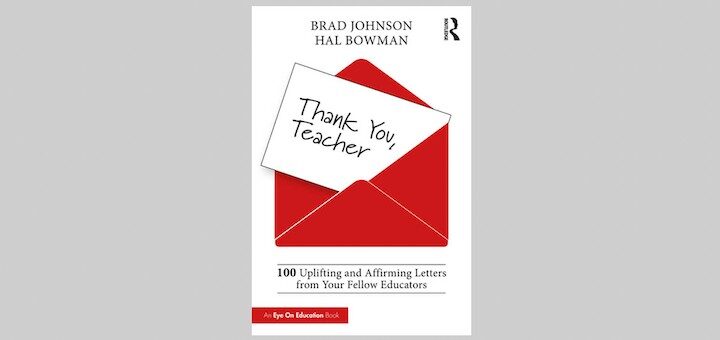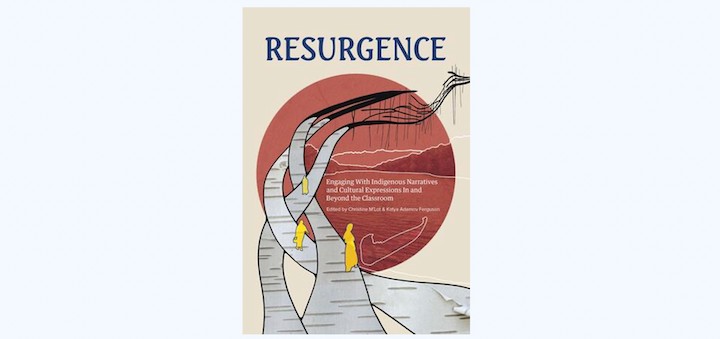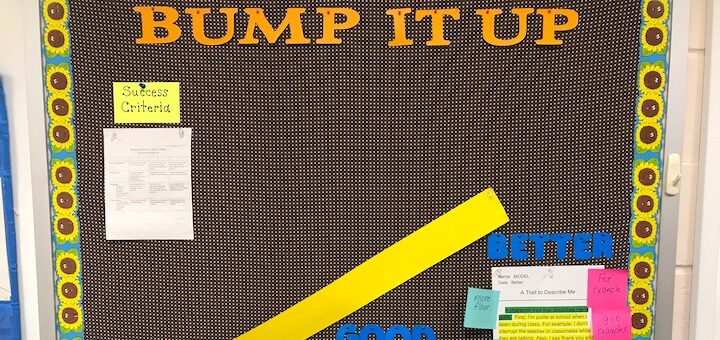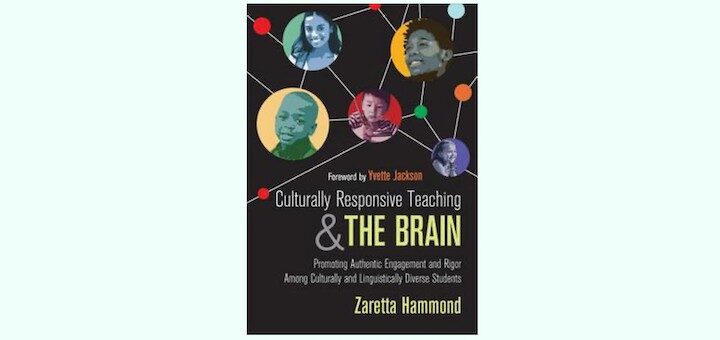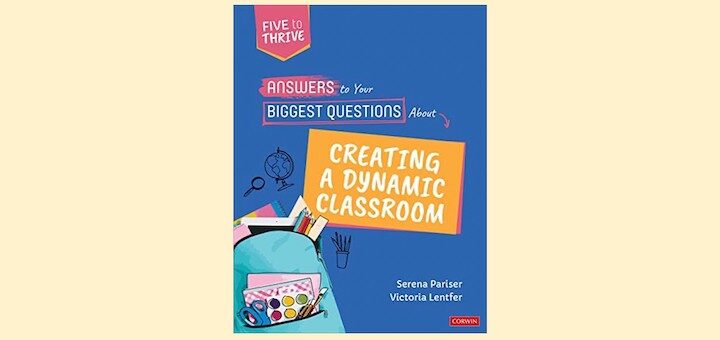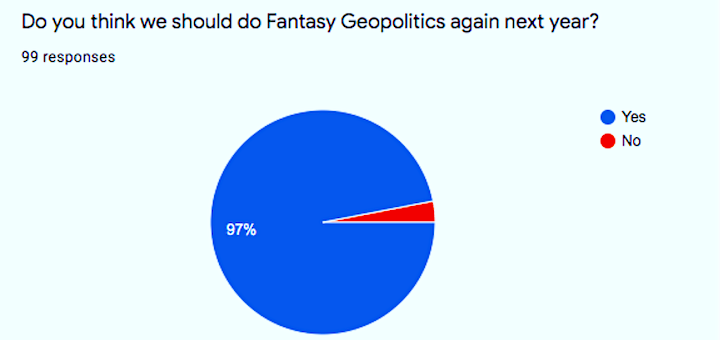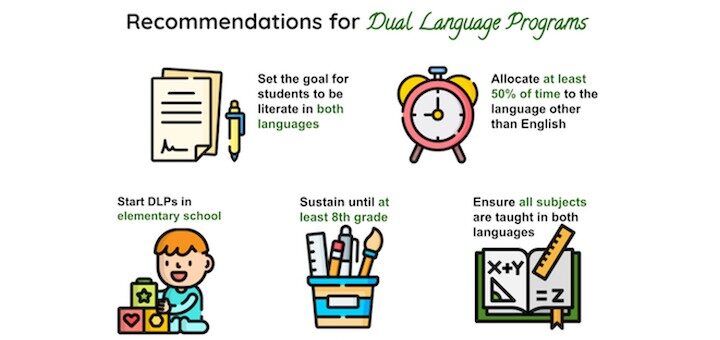Teaching and learning in grades 4-8
Michael McLaughlin reviews Brad Johnson and Hal Bowman’s Thank You, Teacher, a collection of 100 letters written by educators for educators with the aim of uplifting, affirming, and celebrating “the incredible work of our profession.”
The curated collection Resurgence is an invitation to dive deeply into authentic and meaningful Indigenous resources, preparing yourself and then your students to journey toward reconciliation, writes Sherry Liptak, a district teacher of multilingual learners in Canada.
Instead of giving middle graders the right answer after they cling tenaciously to their misconceptions, devise processes that lead them to discover the fallacies on their own. Literacy interventionist Kelly Owens shares some cross-curricular tools and strategies that can help.
Students in the middle are facing a perfect storm of stress, anxiety and overwhelm. Educators Trisha DiFazio and Allison Roeser share ways to help them grow a sense of connectedness and belonging with easy to implement SEL strategies for all content areas. Start with Battery Life!
Every student deserves to be challenged in all areas of learning. Teaching coach Barbara Blackburn shows how rigor can enhance learning beyond the core content areas with examples from health, physical education, computer science, the performance arts and career technology.
In Culturally Responsive Teaching and the Brain, Zaretta Hammond offers a clear explanation of brain-based learning from a culturally diverse perspective and a clear description of how it looks in action through authentic engagement and rigor, writes teacher leader Bill Ivey.
Serena Pariser and Victoria Lentfer answer teachers’ questions about how best to establish dynamic classrooms, offering practical ways to build routines, minimize off-task behaviors, and engage students in truly meaningful ways. A great resource, says NBCT Kathie Palmieri.
Traditional vocabulary strategies are passive exercises that have little impact in the long run, write Lynne Dorfman and Aileen Hower. Students need lots of exposure to a word before they can fully understand and apply it. They need frequent, engaging and meaningful encounters with words.
Imagine an activity that takes little class time but engages students in current events and encourages them to speak with their families about what’s happening in the world. Teacher Megan Kelly longed for just such an activity and finally found it in “fantasy geopolitics.”
A culturally sustaining and relevant pedagogy for multilingual students assures grade-level academic progress, strengthens first-language usage and sustains cultural connections. Dual language programs are the best path forward, writes language specialist Tan Huynh.

